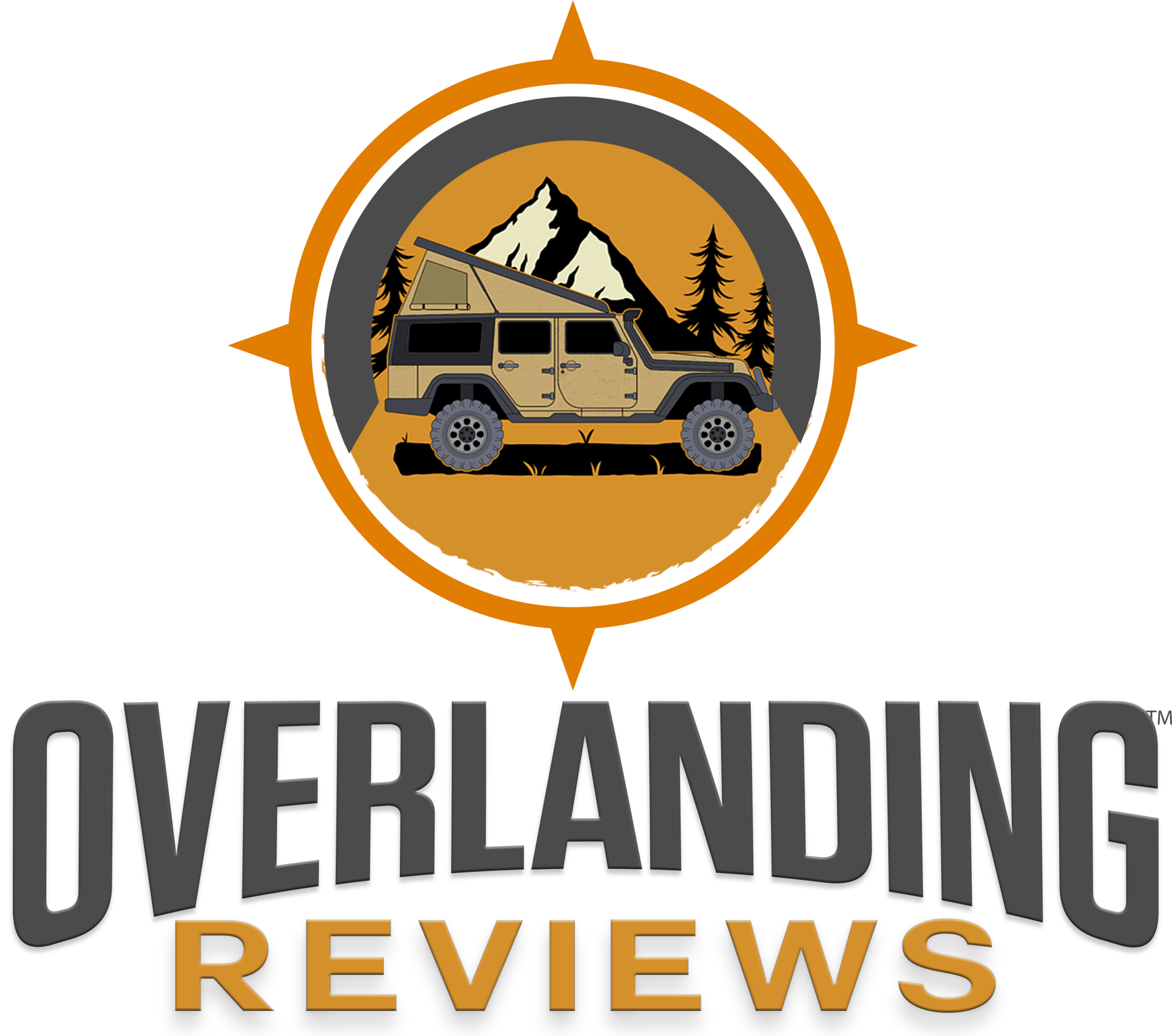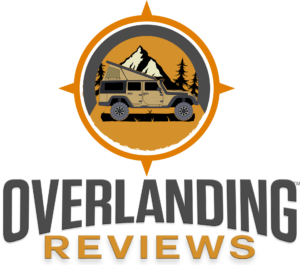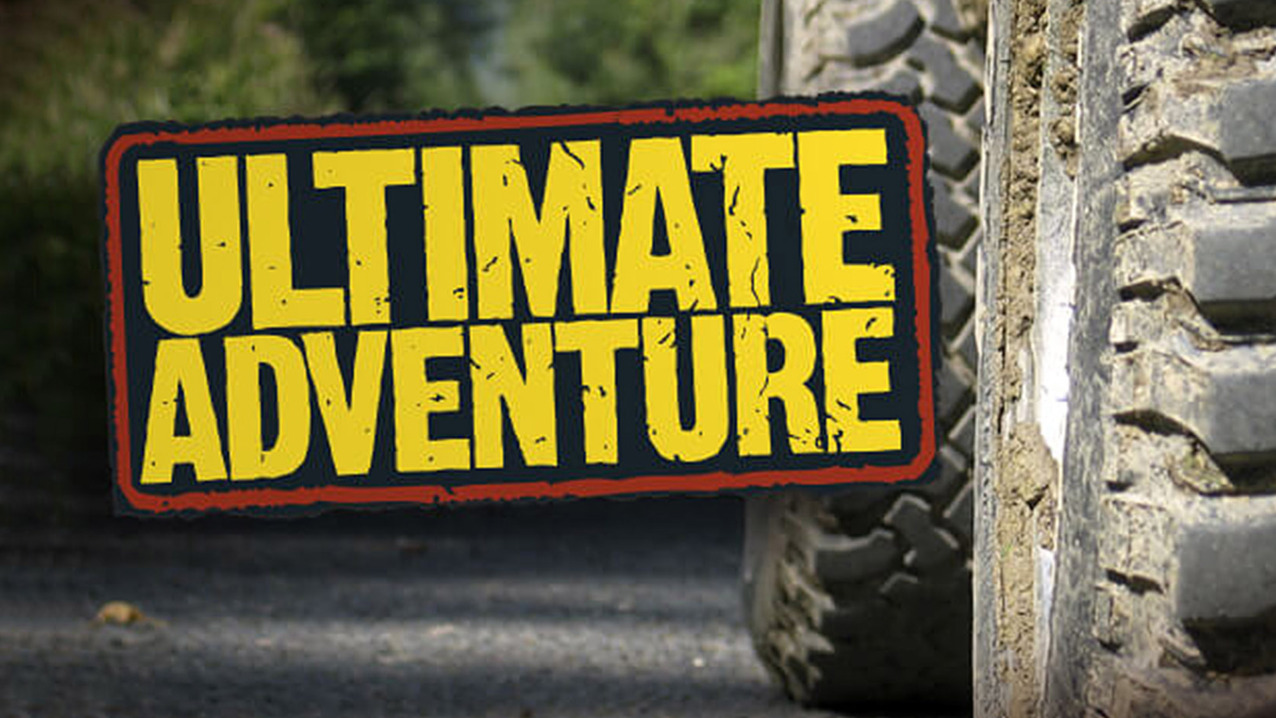Overlanding describes self-reliant adventure travel to remote destinations where the journey is the primary goal. Typically, but not exclusively, accommodated by mechanized off-highway capable transport (from bicycles to trucks) where the principal form of lodging is camping; often lasting for extended lengths of time (months to years) and often spanning international boundaries. While expedition is defined as a journey with a purpose, overlanding sees the journey as the purpose.
Overlanding is about exploration, rather than conquering obstacles. While the roads and trails we travel might be rough or technically challenging, they are the means to an end, not the goal itself. The goal is to see and learn about our world, whether on a weekend trip 100 miles from home or a 10,000-mile expedition across another continent. The vehicle and equipment can be simple or extravagant – they, too, are simply means to an end. History, wildlife, culture, scenery, self-sufficiency – these are the rewards of overlanding.
TERMINOLOGY
CAR CAMPING
Traveling in a vehicle to an established campground. If there is a picnic table there, it is probably car camping.
BACK COUNTRY ADVENTURE OR 4X4 TOURING
A one-day or multi-day off-highway trip on an adventure motorcycle or in a 4WD vehicle.
OVERLAND(ING)
Vehicle-supported, self-reliant adventure travel, typically exploring remote locations and interacting with other cultures.
VEHICLE-DEPENDENT EXPEDITION
An organized, vehicle-dependent journey with a defined purpose, often geographic or scientific in nature.
EXPEDITION VEHICLE
A 4WD vehicle or adventure motorcycle prepared for self-reliant travel over long distances, through unpredictable weather and over variable terrain.
DIFFERENCES
Technical terrain can be encountered throughout the journey, and the travelers may even seek out the most challenging route to a destination as part of their experience, but overland travel is not the same as recreational “fourwheeling”, where the primary objective is overcoming challenging obstacles. The critical point to the term overland travel is that the purpose is to include at least two or more of the following: 1. Remote locations, 2. Cultures other than your own, 3. Under-explored or under-documented regions, 4. Self-reliance in unfamiliar territories for multiple days, weeks or months. That is to say, an overnight trip to the local mountains on a well-documented route, staying in an established campground with full-hookups, is not an overland adventure, it is a backcountry trip or at the very least, car camping.
Primary purpose: Exploration and adventure travel
Duration: Typically a week to many years. Can be only a few days if the route is particularly remote, challenging, or infrequently traveled.
Logistics: Detailed planning is required for environmental, geographic, and geopolitical contingencies.
Route Finding: Navigation is easy, typically on known routes that are well documented
Camping: Remote or established campgrounds
International Borders: Rarely includes crossing of international borders
Risk: Low risk to personnel, moderate risk to equipment on more challenging tracks.
Terrain: Backcountry travel often includes challenging trails as part of the adventure, with trails like the Dusy Ershim and longer routes in Moab, Utah being an example.


